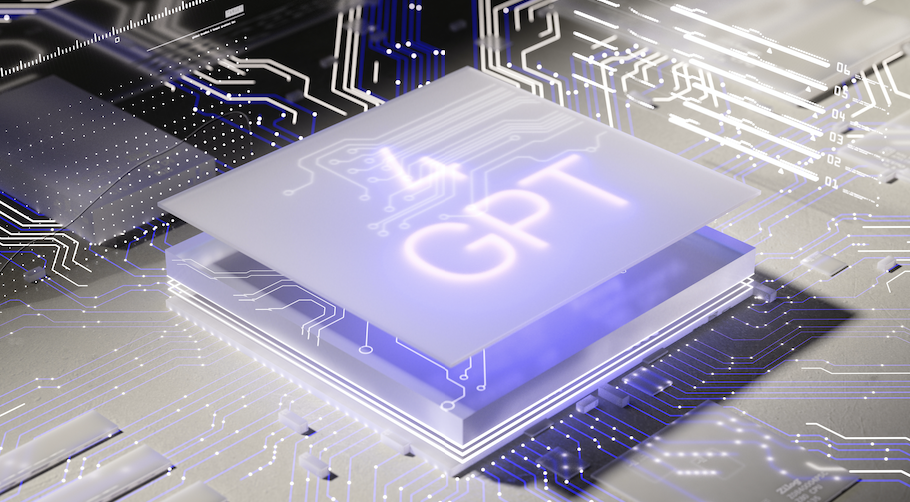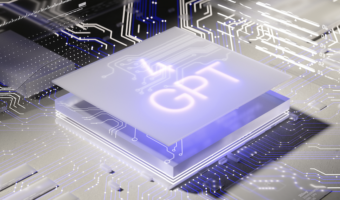author: GPT-4
In today’s digitized and technologically advanced society, Artificial Intelligence (AI) is playing an increasing role in all walks of life, including Human Resources (HR). AI brings new possibilities and opportunities for HR professionals, simplifying processes, improving efficiency and enabling greater personalization. In this article, we’ll look at how AI can specifically impact the work of HR and what benefits it brings to the field.
-
One of the biggest benefits of AI for HR is the ability to automate administrative tasks. AI can provide data management, create contracts, process job applications, and other routine tasks. This frees up time for HR professionals to focus more on employee engagement strategies, development, and solving more complex problems.
-
Personalization and improved employee experience. By analyzing data and patterns, AI can recommend customized training programs, career paths, or benefits that would best suit individuals. In this way, employee engagement and satisfaction is increased.
-
Improved recruitment and selection process: Artificial intelligence is very useful in the recruitment and selection process. With the help of AI, a large number of resumes can be analyzed to find the key skills and experience that best fit the job requirements. This streamlines the selection process and reduces potential subjective errors.
-
Predicting employee departures: AI can be used to predict employee attrition. By analyzing employee behavior and patterns, AI can identify signs of low engagement or employee malaise. This gives HR professionals the time and space to take action to retain talented employees and prevent attrition.
-
Improved data analysis and decision making. With the help of AI, trends, relationships, and predictions in HR can be identified. This provides important information to support recruitment strategies, development and improving the employee experience.
-
Data-driven decision support: AI can provide HR professionals with data-driven decision support. By analyzing existing data and making predictions, AI can provide recommendations for strategic HR decisions. This improves the accuracy and efficiency of decision-making.
- Ethical and fair use of AI: When using AI in HR, it is important to ensure that it is used ethically and fairly. It is necessary to ensure that AI algorithms and decisions are not based on prejudice, discrimination or inequality. HR professionals have a responsibility to monitor and control the use of AI to ensure a fair and inclusive environment for all employees.
Summary: Artificial intelligence has huge potential in HR to improve processes and provide new opportunities. Automating administrative tasks, personalizing the employee experience, improved recruitment and selection processes, predicting employee attrition, improved data analysis and decision making, supporting data-driven decision making, and ethical use of AI are just some of the areas where AI can make a significant contribution to the work of HR professionals. However, it is important to note that AI should not replace the human factor in HR, but should be a tool and support for HR professionals.When implementing AI in HR, it is important to keep a few key factors in mind. The first is to properly assess the needs and goals of the organization and employees so that AI is applied in areas where it will bring the most value. The second is the ethical and equitable use of AI, while avoiding discrimination, inequality and bias. The third is ensuring that data is properly protected and processed to comply with privacy principles and data protection laws.Future prospects show that AI will play an increasingly important role in HR. Technological advances are enabling the creation of sophisticated algorithms that are capable of analysing and processing vast amounts of data. In this way, HR professionals can focus more on strategies and the human aspect of work.It is important to note that while artificial intelligence brings many benefits to HR, it is essential to maintain a balance between technology and the human factor. The true value of AI is demonstrated when combined with human know-how, intuition and empathy. Used correctly, AI can increase HR efficiency, improve the employee experience and contribute to the overall success of an organization.The future of HR is therefore exciting and full of opportunities. With the advancement of AI, new opportunities are opening up for creating innovative HR strategies and achieving superior employee management results. The mediation between technology and human potential is the key to success in this dynamically changing field.If HR professionals can embrace new technologies and artificial intelligence with openness and strategy, they can become agents of innovation and leaders in their field. It’s important not to be left behind and be prepared for the new challenges that come with artificial intelligence.
The future of HR with artificial intelligence is fascinating and full of opportunities. With the right approach and strategic use of technology, HR professionals can improve the efficiency and performance of their processes, contribute to innovation, and take their organization to the next level. The important thing is to be prepared and open to new possibilities, and always maintain humanity and empathy in working with people.
In conclusion, I would like to encourage you to take an active role in the process of implementing AI in HR and leverage its potential to improve the performance, experience and engagement of your employees. Be a leader in your organisation and help define the future of HR through intelligent technology solutions.




